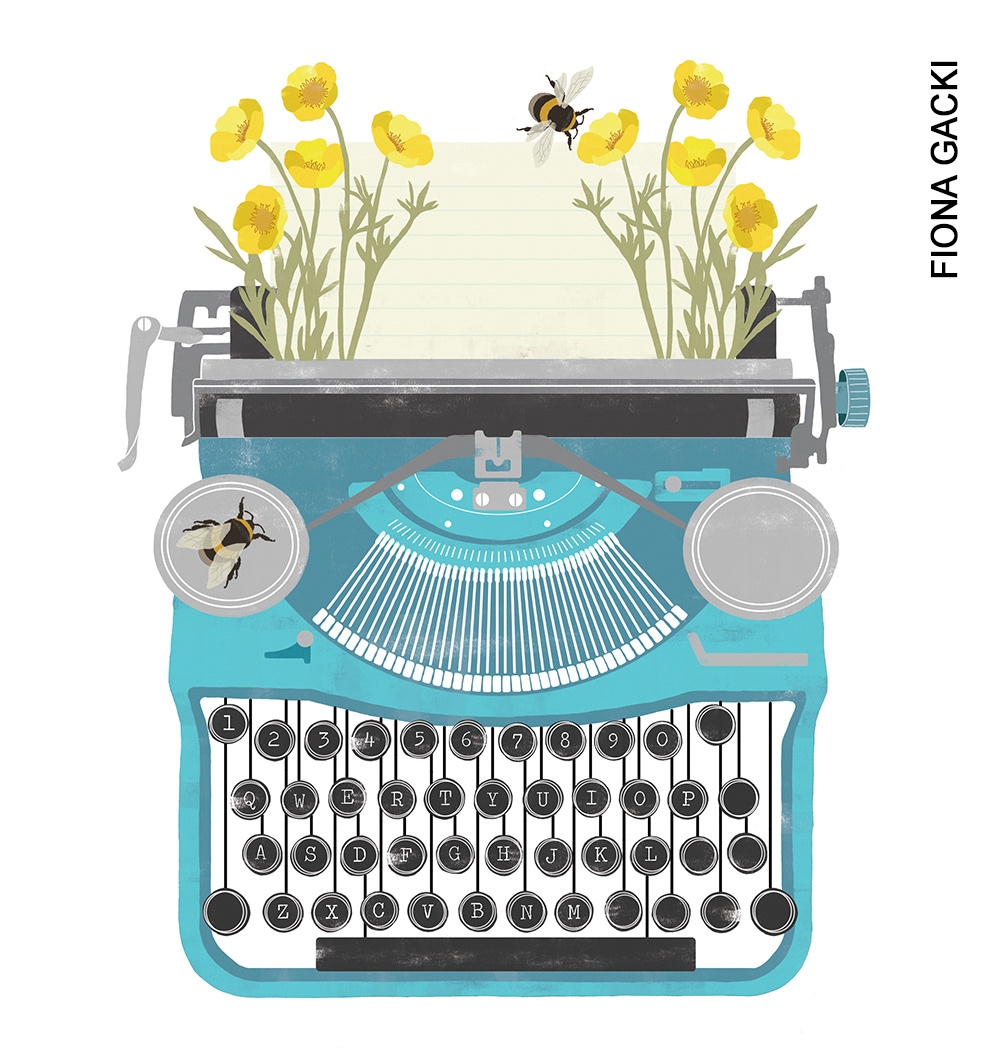Most people don’t like to think about death. The inevitable end to each journey, the great equalizer of us all, is rarely popular dinner conversation. As opposed to viewing death as a natural companion to life, our culture often considers it to be the great enemy. We refuse to say the word in favor of phrases like “passed away”, an alarming number of us fail to plan our end of life care, and we tend to idolize centenarians while we ask for the secret to longevity. At the same time, “anti-aging” products are advertised to people in their twenties. Milestone birthdays are ignored or repeated. Headlines boast that “age is nothing but a number” while also insisting that every age (other than twenty) is the new twenty, ad nauseum. It seems that everyone wants to live longer, but no one wants to age.
Amidst these contradictory attitudes about human life, the shelf-life of technology steadily decreases as we eagerly discard the “old” in favor of the new. We invest in smart phones and kitchen appliances knowing full well that by next season they will be obsolete. Then we trade up for the newest gadget as soon as we can, despite the value our previously purchased items still have or the monetary cost. Unfortunately, this attitude is not reserved solely for inanimate objects. We consistently witness men divorcing their first wives for younger women and companies forcing out employees when they reach a certain age. As painful as it is to feel discarded, imagine if we were created knowing that it was an inevitability? What if our entire purpose was to serve someone who would abandon us as soon as a new upgrade was released?
Welcome to the world of Claire and Oliver – outdated Helperbots that live alone after newer models replace them. They have very different attitudes about their situations. Oliver believes that his owner will one day come back for him while Claire has foresworn any type of connection to others after watching the dissolution of her owner’s marriage. Yet, these two find themselves on a journey that gives them a new purpose after their old one is taken from them. They are looking for answers. They are looking for new experiences. What they are not looking for is a surprising connection that challenges their beliefs about life and purpose. Perhaps life isn’t as simple as “out with the old and in with the new.”
Any person who has tried on their mother’s wedding dress or worn their father’s watch knows that sometimes items have value because of their age, not in spite of them. Those of us who are fortunate enough to have living grandparents likely know the delight of listening to their stories and the urge to record them before they are lost. We have vinyl collectors, bookstore owners, vintage fashion boutiques, and silent film buffs whose joy in their fields is unabating, no matter how fast society moves in a different direction. In the end, value is inherent where connection is present, regardless of if those connections are made with pets, loved ones, old-fashioned hobbies, or inanimate objects. Try telling a child (or a twenty something in some cases) that a stuffed animal has no value simply because it’s old and one will be soundly rebuked.
Maybe Happy Ending reminds us that everything must come to an end – employment, relationships, and even our lives. It also challenges us to find that “happy” or create it for ourselves, regardless of what society may say. Maybe it’s reconnecting with a loved one. Maybe it’s seeing something you’ve never seen before. Maybe you knew what you wanted…until you took that first step outside of your room. Some find it brave to take that step. Some find it naïve. This musical reminds us that all journeys may end in the same place, but how we walk the path and who we choose to walk it with belongs to us. We create our own happy endings.




